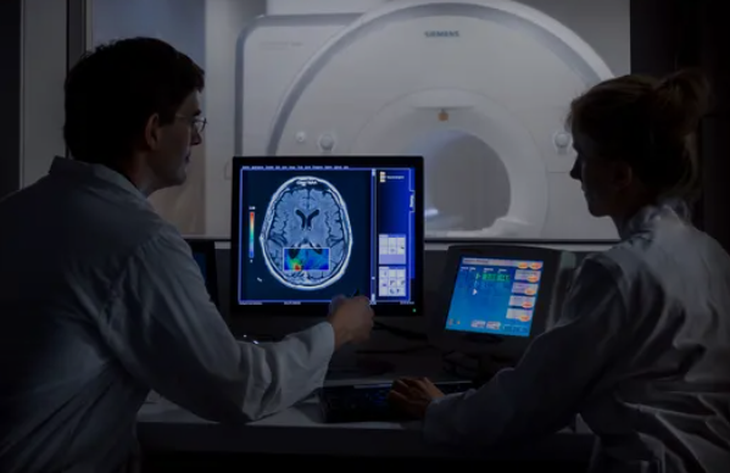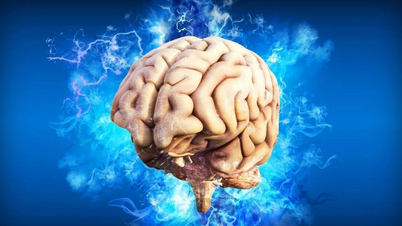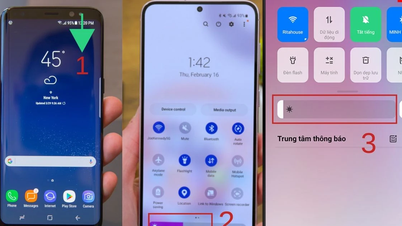
Scientists have discovered a group of nerve cells in the hypothalamus that help the brain maintain stable blood sugar levels while sleeping - Photo: DKFZ
Scientists at the University of Michigan (USA) discovered a group of nerve cells in the hypothalamus that are responsible for maintaining stable blood sugar levels during sleep, by directing the body to break down fat for energy. This sophisticated mechanism helps prevent the risk of hypoglycemia at night and can explain metabolic disorders in people with prediabetes.
Research published in the journal Molecular Metabolism shows that cholecystokinin b receptor neurons (VMHCckbr neurons) in the ventromedial hypothalamus play an important role not only in emergency situations, but also in everyday activities. The team used mice to monitor blood sugar levels when the cells were disabled or activated.
The results showed that in the first 4 hours after going to sleep, these cells control the process of lipolysis - breaking down fat to create glycerol, a substance used to synthesize sugar. Thanks to that, the body has enough glucose, avoiding hypoglycemia at night.
When these cells were activated, mice had higher levels of glycerol, suggesting that the brain was directing the body to convert fat into alternative fuel.
"During early sleep, these neurons make sure you have enough glucose so you don't get hypoglycemic overnight," co-author Dr. Alison Affinati emphasizes.
The findings are also linked to prediabetes, where patients often break down fat at night. Scientists believe that in these people, the nerve cells may be overactive, causing abnormally high blood sugar levels.
Research also shows that blood sugar control is not a simple on/off switch, but rather multiple groups of neurons that coordinate according to context – from fasting to eating to stress.
The research team at the Caswell Diabetes Institute (University of Michigan) is now continuing to study how hypothalamic cells coordinate with the liver and pancreas to regulate metabolism, aiming to open new directions in the prevention and treatment of blood sugar disorders.
Source: https://tuoitre.vn/phat-hien-nao-nguoi-tang-ca-ban-dem-de-dot-mo-ngan-tut-duong-huet-20250825135711526.htm



![[Photo] Soldiers guard the fire and protect the forest](https://vphoto.vietnam.vn/thumb/1200x675/vietnam/resource/IMAGE/2025/9/27/7cab6a2afcf543558a98f4d87e9aaf95)
































![[Photo] Prime Minister Pham Minh Chinh attends the 1st Hai Phong City Party Congress](https://vphoto.vietnam.vn/thumb/1200x675/vietnam/resource/IMAGE/2025/9/27/676f179ddf8c4b4c84b4cfc8f28a9550)


































































Comment (0)